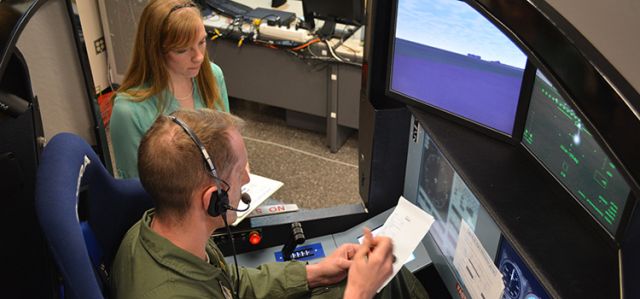Thermocapillary Effects on the Heat Transfer Effectiveness of a Heated, Curved Meniscus
Document Type
Conference Paper
Publication Date
8-1997
Publication Source
32nd National Heat Transfer Conference
Abstract
An investigation of thermocapillary effects on a heated meniscus formed by a volatile liquid in a vertical capillary tube has been conducted. This investigation is primarily experimental although analysis is presented to gain insights into the experimental results. The work was motivated by the importance of the evaporation process from porous or grooved media that are integral to the operation of capillary-driven heat transport devices such as heat pipes and capillary-driven loops. The research addressed the heat transfer characteristics of a capillary pore system. It was shown that the heat transfer effectiveness of the evaporating meniscus was reduced due to interfacial thermocapillary stresses. The effect of thermocapillary stresses on the heat transfer characteristics on single capillary pore heat transfer devices is shown to be a function of the non-dimensional thermocapillary stress (Marangoni number). This was demonstrated for different capillary pore sizes and working fluid conditions. Results include data for inside diameters of 0.5, 1, and 2 mm and liquid subcoolings of 18, 10, and 0 C. For large pores, it was shown that the heat transfer is controlled by convection.
Copyright
Copyright © 1997, American Society of Mechanical Engineers
Publisher
American Society of Mechanical Engineers
Place of Publication
Baltimore, MD
eCommons Citation
Pratt, David M.; Hallinan, Kevin P.; and Chang, Won Soon, "Thermocapillary Effects on the Heat Transfer Effectiveness of a Heated, Curved Meniscus" (1997). Mechanical and Aerospace Engineering Faculty Publications. 37.
https://ecommons.udayton.edu/mee_fac_pub/37
COinS




Comments
Permission documentation is on file.